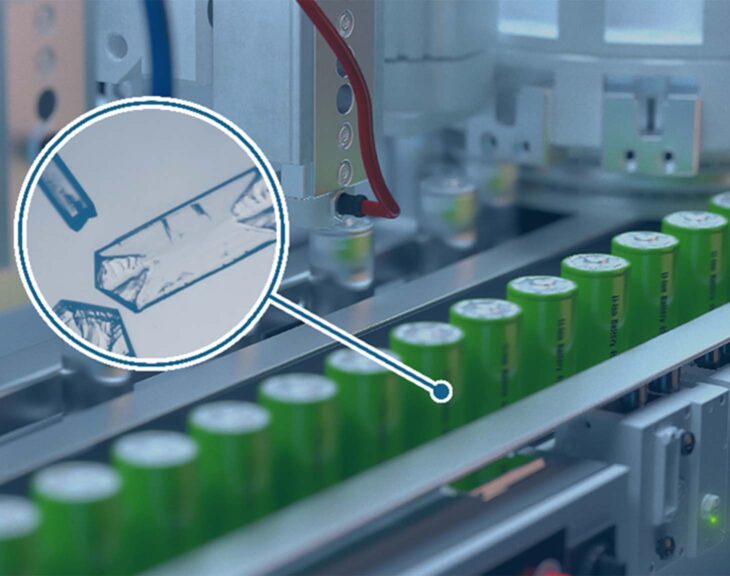THE PROBLEM
Demand for lithium to use in batteries is anticipated to grow three-fold by 2030 (CAGR 20-25%). Lithium is either hard-rock mined or extracted from brine. The amount of lithium that could potentially be extracted from all sources (26 Mt) far exceeds even projected demand (0.1-0.3 Mt/yr). Rarity is not the issue — rather, separating dilute lithium from the complex brine matrix is the challenge. Energy, reagent, and time-efficient separation methods are needed to access this critical metal.
Despite the large lithium reserves in Canada and the United States, both countries are net importers of lithium chemicals. Accessing these domestic resources requires that the dilute, impure brines can be processed with similar economics as higher-quality resources in the South American Lithium Triangle and Australia. Low-cost refining technologies are a critical component of onshoring lithium processing in North America.


